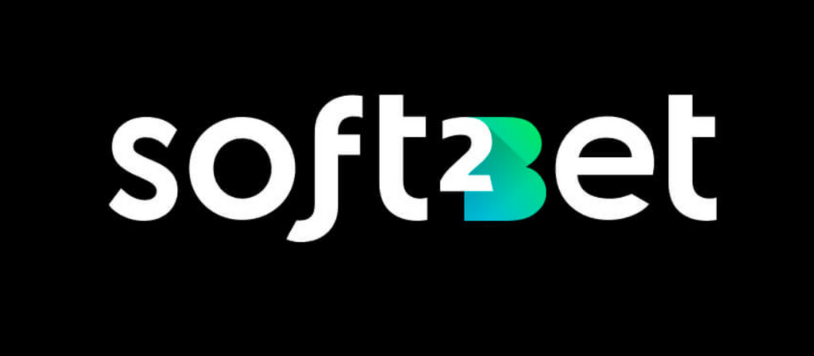
Understanding the Role of a Regulated Gaming Operator
A regulated gaming operator plays a crucial role in ensuring a safe, fair, and responsible gambling environment. With the rise of online casinos, including renowned platforms such as regulated gaming operator SoftBet casino, it has become increasingly important to understand the function of these operators, their regulatory frameworks, and their influence on the gambling ecosystem.
The Definition of a Regulated Gaming Operator
A regulated gaming operator is an entity that has been licensed and approved by a relevant gaming authority to offer gambling services. This includes online casinos, sports betting platforms, and other forms of virtual gaming. Regulation serves multiple purposes: it protects consumers, ensures fair play, and promotes responsible gambling practices.
The Importance of Regulation in the Gaming Industry
Regulatory bodies exist to create a framework of rules and guidelines that operators must follow to obtain and maintain their licenses. These regulations are designed to:
- Ensure Fair Play: Players should have confidence that games are fair, and outcomes are random, as stipulated by strict standards.
- Protect Players: Regulations help safeguard player funds, ensuring that operators are financially stable and able to pay out winnings.
- Promote Responsible Gambling: Licensed operators must implement policies that encourage responsible gambling, such as self-exclusion and setting betting limits.
- Combat Fraud and Crime: Regulation helps prevent money laundering and other criminal activities associated with gambling.
How a Regulated Gaming Operator Works
The operational framework of a regulated gaming operator can be broken down into several key components:
1. Licensing and Compliance
To become a regulated operator, a company must apply for a license from a reputable gaming authority. This process involves thorough checks, including financial stability, management integrity, and operational capabilities. Regular compliance audits are conducted to ensure ongoing adherence to regulations.
2. Game Fairness and Integrity
Operators work with independent testing agencies to audit their gaming software. This guarantees that the games offered are fair and that the random number generators (RNGs) function correctly. Fairness in gaming is essential for player trust and retention.
3. Payment Security

Regulated operators use secure payment processing systems to protect player financial information. Players can deposit and withdraw funds safely, knowing that their data is encrypted and secure from potential breaches.
4. Responsible Gambling Measures
These measures include self-exclusion tools, deposit limits, and links to gambling addiction resources. Regulated operators are obligated to provide players with the necessary resources to gamble responsibly, cultivating a safer gambling environment.
5. Customer Support
Having reliable customer support is another hallmark of a regulated operator. Players should have access to assistance via multiple channels, including email, live chat, and phone support, ensuring that their concerns can be addressed promptly and effectively.
Benefits for Players
For players, the advantages of gambling with a regulated operator are significant:
- Peace of Mind: Players can gamble without worrying about the legitimacy of the operator or the fairness of the games.
- Legal Protection: Regulations provide a legal framework that protects players in case of disputes with operators.
- Access to Resources: Players are directed towards responsible gambling initiatives to help them avoid gambling-related issues.
The Consequences of Unregulated Operators
When players choose to gamble with unregulated operators, they expose themselves to numerous risks:
- Fraud: Unlicensed casinos can disappear overnight, taking players’ deposits with them.
- Unfair Games: Without regulation, there is no guarantee that game outcomes are honest or random.
- Lack of Support: Players might find it challenging to resolve issues, with no customer service avenues available.
Regulatory Bodies and Their Roles
Several prominent regulatory bodies oversee the gaming industry, each with specific jurisdictions and rules:
- The UK Gambling Commission: One of the most recognized regulators, it governs gambling activities in the UK, imposing strict standards on operators.
- The Malta Gaming Authority: Malta is a hub for many online gaming operators, and the MGA is known for its high licensing standards.
- The New Jersey Division of Gaming Enforcement: This body oversees online gaming in New Jersey, promoting integrity and consumer protection.
Conclusion
As the online gaming industry continues to grow, the importance of regulated gaming operators cannot be overstated. They provide a framework that protects players, ensures fair play, and promotes responsible gambling. With numerous options available, including reputable establishments like the SoftBet casino, players can enjoy a secure gaming experience. Understanding the role of regulated operators empowers players to make informed choices, ensuring their safety and enjoyment in the world of online gambling.